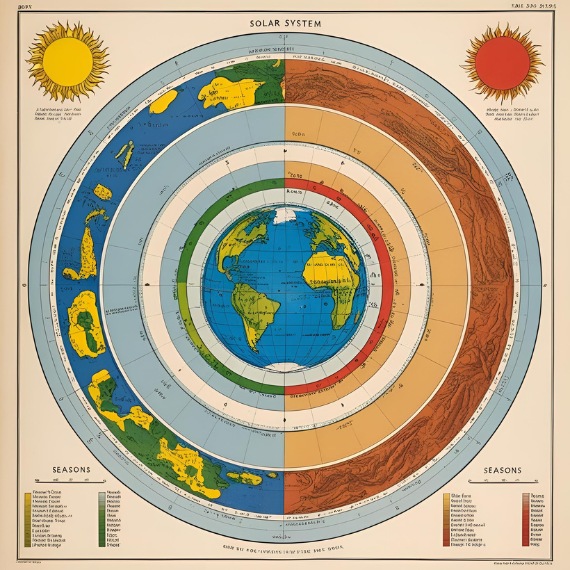The European copyright law, and why it may not be so bad
Controversy reigned on the Internet and on the streets of Europe on March 26, 2019, as the 751-member European Parliament passed an affirmative vote on the divisive and deeply contested Directive on Copyright in the Digital Single Market.

Protests in Germany over the directive (specifically over then-Article 13)
The law, which was first introduced into the European Parliament in 2016 as a mere proposal for a potential piece of legislation, has been negotiated and developed over the course of three years, with talks regarding the precise wording of the 148-page-long document being led by German member of the European Parliament (MEP) Axel Voss. The directive, which, in compliance with European Union law, will be implemented in all countries of the bloc within two years, is aimed at improving the rights of content creators on the internet, with songwriters, movie producers, and other members of the creative industry being especially supportive of the legislation and participating in intense lobbying in its favor prior to the vote. Critics, however, have pointed out that the law includes wording which is restrictive upon social media platforms, duly noting that the directive aims to shift the burden of legal consequences for illegal breaches of Internet copyright from the poster of such illicit content to the website which hosts the content. Article 13 (later renumbered 17) and Article 11 (later renumbered 15) are particularly controversial, and therefore deserve to be examined individually.
The most robustly debated portion of the law is Article 13/17, which mandates that any Internet website system which hosts user-created or submitted content perform preliminary checks on the information uploaded in order to prevent breaches of copyright, and that, if a platform wishes to post copyrighted material, it obtain explicit licensing permissions from the original creator(s) of the content in question. Critics—who number in the millions, having organized protests across Europe and signed an online petition—have stated that the phrasing of the article is, while ambiguous in the manner which it prescribes for the law’s implementation, can only be accomplished via upload filters, which are notorious for incorrectly copyright-flagging legally valid content (and, conversely, for ignoring illegal submissions) and are typically extraordinarily expensive to implement; this is in spite of the eighth section of the article declaring that the law “…shall not lead to any general monitoring obligation.” While, admittedly, these fears are not unfounded—and, given its aforementioned legal ambiguity, such filter-based provisions may be implemented in several nations in the European Union—Article 17 does include a stipulation not unlike the fair-use doctrine commonly hailed and renowned in the United States (and, heretofore, mostly absent in Europe), stating that legal forces are to take into account the targeted audience of an uploaded copyrighted work and the commercial nature of such a work in determining whether or not its presence on the Internet is illegal. Additionally, Article 17 explicitly notes that usage of copyrighted material is permitted for “quotation, criticism, review” and “caricature, parody, or pastiche,” thereby annulling the fears previously widespread

A map of votes on the directive cast by the European heads of state, April 15, 2019
on the Internet that the law would lead to a ban on memes and would act as a tool of widespread censorship.
Article 15 (previously 11) of the law is the second provision of the expansive directive which has come under intense fire. The article, described as a “linking tax” by political activists prior to the passing of the law, is intended to provide for the protection of Internet content created by the European press. In a previous revision of the law, the article was, indeed, significantly more harsh than it is currently, as its original wording would have created a framework for striking down any utilization of a copyrighted article, video, etc.; the current revision of the directive, however, provides for protections against copyright-related legal action toward hyperlinks and non-commercial usage of media content (such as in a school newspaper), thereby legally permitting most commonplace, morally sound forms of reuse of press content. As such, Article 15 can be considered to be less problematic than previously perceived.
While the directive is still somewhat perilous for the integrity of the Internet community, as its provisions, while significantly less detrimental than they were hyped to be, are somewhat unclear as to the manner in which the restrictions they do implement are to be enforced, the law is created for a beneficial cause—to combat pirating and the widespread reproduction of material which certain content creators are not fairly reimbursed for. An amendment intended to allow MEPs to vote to remove certain portions of the legislation (most notably Article 17) was voted upon in the European Parliament prior to the final approval of the directive; it was rejected by a margin of 4 votes. The Directive on Copyright in the Digital Single Market was approved by heads of state of the European Union on April 15 and will be implemented in the affected nations by early 2021.

My name is Daniel Shevchenko, and I am a sophomore at the Greater Nanticoke Area High School. I have lived in Nanticoke for six years, having moved here...












